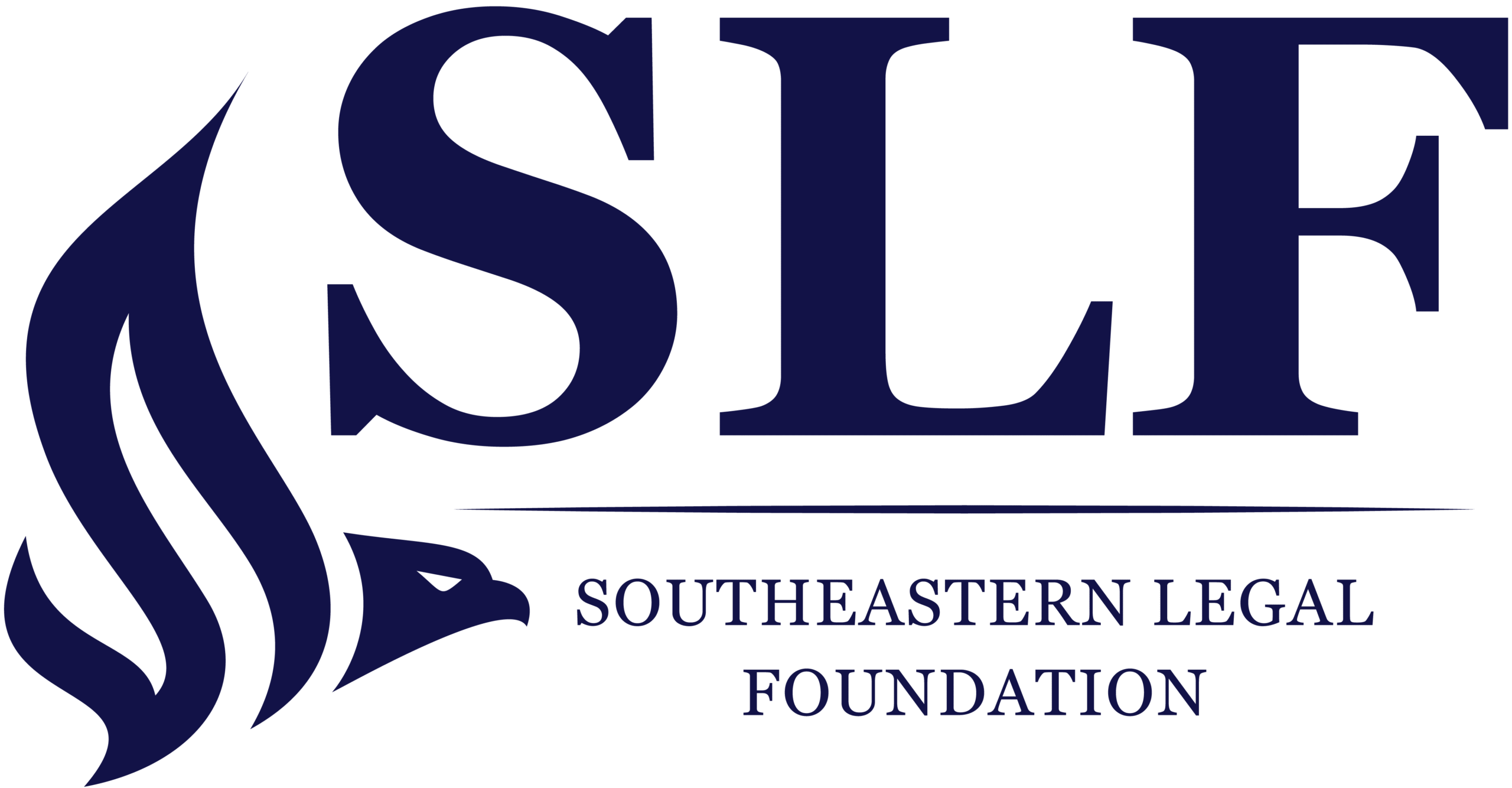The government frequently imposes licensing requirements. But all too frequently, those requirements are unconstitutional because they violate First Amendment and the Commerce Clause. Southeastern Legal Foundation joined forces with Beacon Center of Tennessee to challenge one of these unconstitutional licensing regimes – this time, it is Tennessee’s imposition of an auctioneer license on online auctions.
Read More
Like other forms of e-Commerce, online auctions are the exact sort of business that has exploded with the internet. Consumers, entrepreneurs, and clients alike have benefitted from an auction marketplace that entirely exists online, precisely because it is a marketplace largely free from the burdens and costs associated with more traditional commerce. Tennessee especially was forward thinking because in 2006 it specifically exempted online auctions from needing to hold an auctioneer’s license. So in 2019 Tennessee suddenly made the decision to lurch backward and impose an auctioneer license on online auctions.
Will McLemore is exactly the sort of entrepreneur who made the most of the opportunities afforded by Tennessee’s formerly enlightened approach to the internet. In 2007, he started a new Tennessee business from the ground up: McLemore Auction Company. Since then, Will has successfully represented hundreds of clients on his website free from oversight and with little problem. Auctions are exactly the sort of business can be done more safely and conveniently online. This business is overwhelmingly moving in that direction and away from the traditional “bid calling” format at a physical location. Will was at the cutting edge. He now has a successful business where he employs multiple individuals, most of whom are not licensed.
But by 2016, Will could no longer count on the same freedom. Licensed auctioneers realized that the ground was disappearing underneath their feet. Since then, they aggressively rallied to expand their reach into the online marketplace. They finally succeeded in 2019. When the new online auction licensing law went into effect on July 1, 2019, Tennessee for the first time ever, began requiring an auctioneers license to run an online auction website.
The licensure of online auctions presents two major constitutional problems.
The first is free speech. This case represents our first case on the “occupational speech” front. Occupational speech refers to speech made by a professional. Countless Americans – from web designers, to reporters, to tour guides, to authors, to lawyers – make their living by speaking. Auctioneering is the classic example of a “speaking” profession.
Because the trade of auctioneering consists of speech, it triggers First Amendment protection. In a recent Supreme Court case, the Court addressed occupational speech head on, ruling that “occupational speech” is just speech, entitled the same full-blown constitutional protections of any other speech restriction. Under the First Amendment, the government cannot make its laws apply based on the content of the law and it cannot make speaker-based distinctions. This law does both. And the law makes medium-based distinctions because it heavily regulates based on bidding format.
The other problem with this state law is that it burdens interstate commerce. The internet is the ultimate instrumentality of interstate commerce. One of the principal problems that concerned the drafters of the Constitution was that under the Articles of Confederation, the states were increasingly balkanizing themselves by drafting laws designed to favor in-state businesses. For that reason, the Constitution gives Congress the authority to regulate interstate commerce. Under this provision, the courts have ruled that states may not impermissibly burden interstate commerce.
